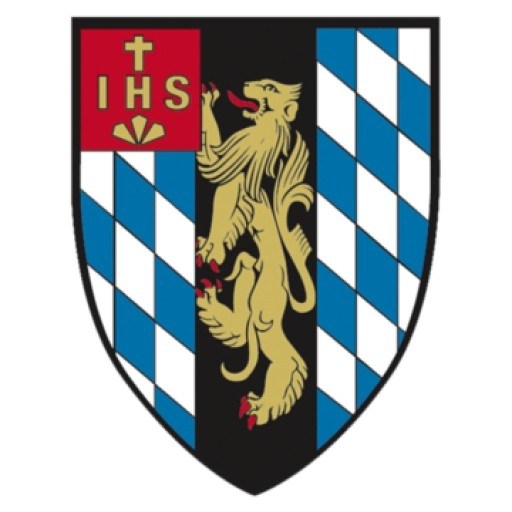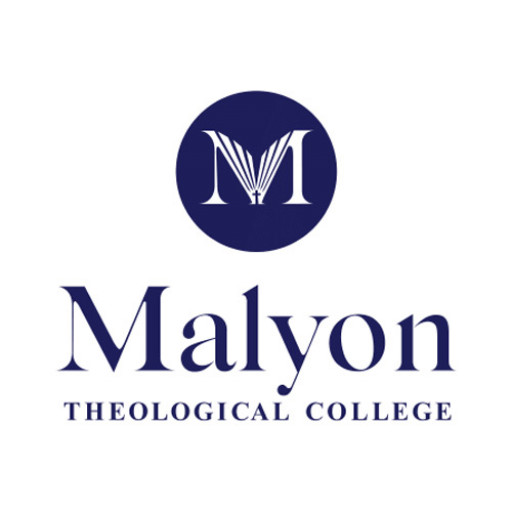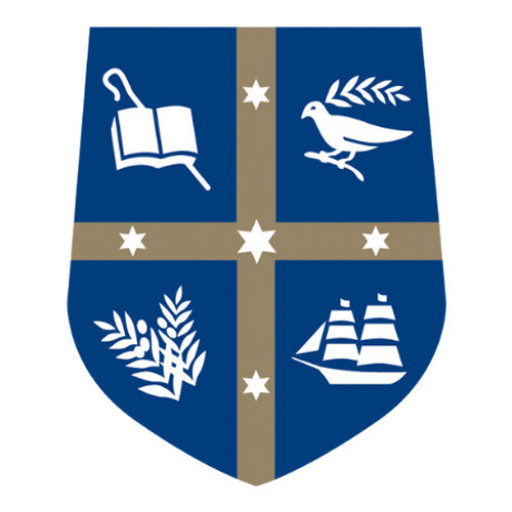Photos of university / #oxford_uni
The Theology program at the University of Oxford offers an in-depth exploration of Christian faith, history, and doctrine, providing students with a comprehensive understanding of theological concepts and their historical development. This esteemed programme is designed for students who wish to engage critically with Christian scriptures, traditions, and ethical questions, fostering rigorous academic inquiry and spiritual reflection. Throughout the course, students examine a broad range of topics, including biblical studies, church history, philosophical theology, systematic theology, and ethics, aiming to develop a nuanced understanding of how religious beliefs influence individual lives and societies.
The programme combines rigorous coursework with personalized supervision from world-renowned experts in the field, encouraging independent research and scholarly debate. Students are encouraged to consider contemporary issues through a theological lens, engaging with topics such as secularism, religious pluralism, and social justice from a Faith-based perspective. The course structure typically includes lectures, seminars, and tutorials tailored to foster critical thinking, comprehensive analysis, and articulate communication of complex ideas.
In addition to academic study, students benefit from the university's vibrant intellectual community, including access to extensive theological archives, libraries, and digital resources. The programme also emphasizes practical engagement through participation in religious and community activities, fostering an appreciation for the role of religion in public life. Graduates of the Theology program are well-equipped for careers in academia, religious leadership, public service, interfaith dialogue, or further postgraduate study. The comprehensive curriculum, distinguished faculty, and collaborative learning environment at Oxford ensure that students develop both the intellectual rigor and ethical awareness necessary for meaningful engagement with religious traditions and contemporary issues.
This 21-month course offers extensive postgraduate education in a specialist field of theology for very able students. It includes a short thesis of up to 30,000 words based on independent scholarly research, which may contribute to a future research degree, and at least three formal examination papers or groups of assessed essays.
The choice of essays and dissertation topics is decided by the student, subject to advice from the supervisor and final approval.
Your supervisor will in most cases be the course co-ordinator for the specific subject stream of the MPhil in Theology that you are enrolled on. They will provide support, guidance and an overall direction for your studies.
The Faculty of Theology runs graduate seminars in different subjects, which offer a space for all those doing graduate work to meet regularly, to share aspects of your work with your peers and to be informed by that interaction. The seminars are an important way of staying in touch with peers and present some of your research at various stages of development.
If you are successful in the MPhil then you may be allowed to expand the MPhil thesis for a DPhil. The total investment of time necessary for the DPhil by this route need not be longer and the route via the taught course may be an especially good foundation for a teaching career.
Students on the MPhil in Theology work in one of the following areas:
- Old Testament
- New Testament
- Christian Doctrine, specialising in one of the following fields:
- History of Doctrine: Patristic Theology (c. AD 100-787)
- History of Doctrine: Scholastic Theology (c. AD 1050-1350)
- History of Doctrine: Theology of the Reformation Period (c. AD 1500-1650)
- Issues in Theology with special reference to Patristic Theology
- Issues in Theology with special reference to Scholastic Theology
- Issues in Theology with special reference to Reformation Theology
- Issues in Theology with special reference to theology from 1780 to the present day
- Ecclesiastical History
- Christian Ethics
Students taking Ecclesiastical History may study more than one of five periods (The Early Church AD 200-476, The Western Church AD 476-1050, The Western Church AD 1000-1400, European Christianity AD 1400-1800, or European Christianity AD 1800-2000).
Applicants are normally expected to be predicted or have achieved a first-class or strong upper second-class undergraduate degree with honours (or equivalent international qualifications), as a minimum, in theology, religious studies or another closely related field. Entrance is very competitive.
For applicants with a degree from the USA, the minimum GPA sought is 3.7 out of 4.0.
If you hold non-UK qualifications and wish to check how your qualifications match these requirements, you can contact the National Recognition Information Centre for the United Kingdom (UK NARIC).
Other examination results may be submitted alongside degree qualifications. If offered, the minimum Graduate Record Examination (GRE) score sought is 160 and the minimum GMAT score sought is 600.
Knowledge of Hebrew and Greek is required for Old and New Testament respectively. Most courses in the history of doctrine will require study of texts in languages other than English: Greek or Latin is required for patristic theology, Latin is required for scholastic theology, and Latin, French or German is required for reformation theology.
- Official transcript(s)
- CV/résumé
- Statement of purpose: One page
- Written work: Two essays of 2,000 words each
- References/letters of recommendation:Three overall, generally academic
ENGLISH LANGUAGE REQUIREMENTS
Higher level
|
Test |
Standard level scores |
Higher level scores |
||
|
IELTS Academic |
7.0 | Minimum 6.5 per component | 7.5 | Minimum 7.0 per component |
|
TOEFL iBT |
100 |
Minimum component scores:
|
110 |
Minimum component scores:
|
| Cambridge Certificate of Proficiency in English (CPE) | 185 |
Minimum 176 per component |
191 |
Minimum 185 per component |
| Cambridge Certificate of Advanced English (CAE) | 185 |
Minimum 176 per component |
191 |
Minimum 185 per component |
- Global Education
- Hill Foundation Scholarships
- Ertegun Scholarship Programme
The Theology program at the University of Oxford offers students an exceptional opportunity to engage in the rigorous study of religious beliefs, practices, and texts within a historical and contemporary context. This course is designed to develop a deep understanding of Christian theology, its historical development, and its influence on culture and society. Students explore a wide range of subjects including biblical studies, dogmatic theology, ethics, and the history of the church. The program emphasizes critical thinking, textual analysis, and philosophical inquiry, providing a comprehensive education for those interested in religious studies, pastoral work, or academic research.
The structure of the course typically includes lectures, seminars, tutorials, and independent research, encouraging a personalized and in-depth learning experience. Students have access to extensive resources, including rare manuscripts, theological libraries, and digital archives, which support their research projects. The small-group tutorials, a distinctive feature of Oxford, facilitate close mentorship from experts in the field, allowing students to refine their ideas and arguments. The program also offers opportunities for practical engagement, such as participating in theological debates, attending conferences, and engaging in community outreach.
Graduates of the Theology program at Oxford often go on to careers in academia, clergy, chaplaincy, religious journalism, or public service. The degree is highly regarded worldwide for its academic rigor and the University's rich tradition in theological scholarship. Oxford's Bodleian Library and the Faculty of Theology and Religion provide an intellectually stimulating environment that fosters critical analysis and encourages students to explore complex theological issues from multiple perspectives. With a blend of historical insight and contemporary relevance, the program prepares students to contribute thoughtfully and effectively to religious and ethical dialogues in society.






